
- All Instrument Types
- Indices
- Equities
- ETFs
- Funds
- Commodities
- Currencies
- Crypto
- Bonds
- Certificates
Please try another search

Strengthening U.S. Dollar Is A Double-Edged Sword

The US dollar continues to attract capital from investors all over the world. But could this be a double-edged sword for US stocks?
As capital flocks to the USD, this, in turn, hurts US multinationals as they need to convert their weak foreign currency profits back into USD.
The USD safe-haven trade may eventually trigger a broad and deep selloff in US stocks. As the USD strengthens, corporate profits for US multinationals will shrink or disappear.
US Multinational $1 Billion Revenue Example:
- $1 billion in revenue-generating a 15% net profit with a net neutral 0% currency translation equals a $150 million profit.
- $1 billion in revenue-generating a 15% net profit with a negative -15% unfavorable currency translation expense equals a $0 profit!
In addition, the impact of inflation on the global consumer will lead to a pullback in consumer spending which will further reduce corporate revenues and profits. Combining the global currency dislocation and the economic cool off will bring on a global recession.
The following chart by Finviz shows the percentage the USD has appreciated against all the major global currencies year to date:
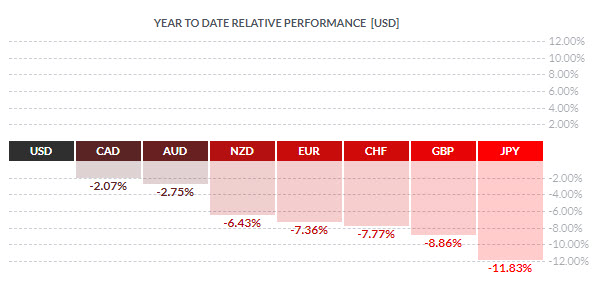
Let’s review a few of these primary currencies to get a better idea of how much capital is migrating out of each of these countries and into the US dollar.
CANADIAN DOLLAR LOSING -7.29%
The Canadian dollar peaked in the first week of June 1, 2021. The Canadian economy has benefited greatly from soaring energy and commodity prices, strengthening metals markets, and strong real estate prices. But despite this economic strength capital is still migrating out of the CAD and into the USD.
SWITZERLAND FRANC LOSING -12.53%
The Swiss franc peaked in the first week of January 6, 2021. The CHF has long been considered a safe haven for global capital during times of risk-off global market stress. The primary factor hurting the CHF is its current fiscal policy and negative interest rate of -0.75%. Therefore, the USD is still the preferred safe-haven currency due to CHF’s negative rate. Capital continues to flow out of the CHF into the USD.
BRITISH POUND LOSING -13.87%
The British poundpeaked in the first week of May 24, 2021. The GBP was the primary global reserve currency in the 19th century and the first half of the 20th century. However, that status ended when the UK almost bankrupted itself fighting World Wars I & 2. Since that time the US dollar has replaced the GBP as the primary reserve currency. The USD has a similar interest rate to the GBP and is also benefiting from its strong presence in energy and commodity markets. Therefore, the GBP is experiencing capital flows out of its currency and into the USD.
JAPANESE YEN LOSING -23.76%
The Japanese yen peaked in the first week of March 2, 2020. The JPY has also long been considered a safe haven for global capital during times of risk-off global market stress. However, the primary factor hurting the JPY is its current fiscal policy and negative interest rate of -0.10%. Therefore, the USD is still the preferred safe-haven currency due to the JPY’s negative rate. Capital continues to flow out of the JPY into the USD.
Related Articles

The USD/JPY is rising due to increased US bond yields and inflation data. Higher-than-expected CPI has delayed Fed rate cut expectations. Upcoming data, like PPI, may push...

European currencies received a lift late yesterday following an update from Donald Trump that he'd had productive discussions with Vladimir Putin about a ceasefire in Ukraine. The...

Summary Another failed attempt to overwhelm sellers parked below 95.00 fuelled a sharp reversal in AUD/JPY this week, putting it on the verge of breaking the downtrend it’s been...
Are you sure you want to block %USER_NAME%?
By doing so, you and %USER_NAME% will not be able to see any of each other's Investing.com's posts.
%USER_NAME% was successfully added to your Block List
Since you’ve just unblocked this person, you must wait 48 hours before renewing the block.
I feel that this comment is:
Thank You!
Your report has been sent to our moderators for review




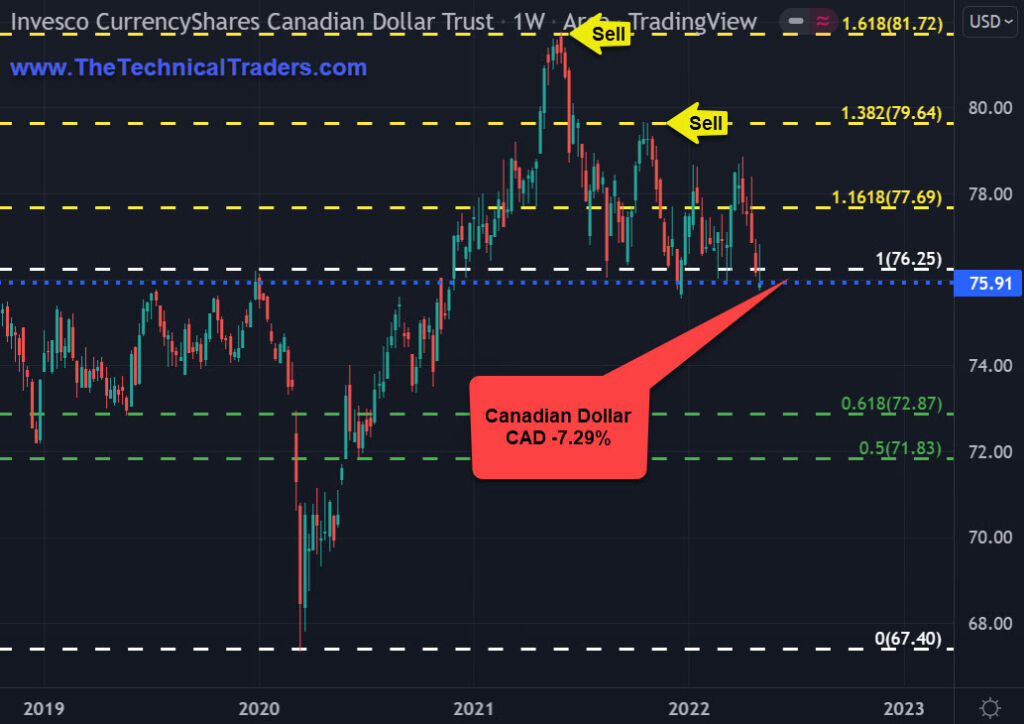
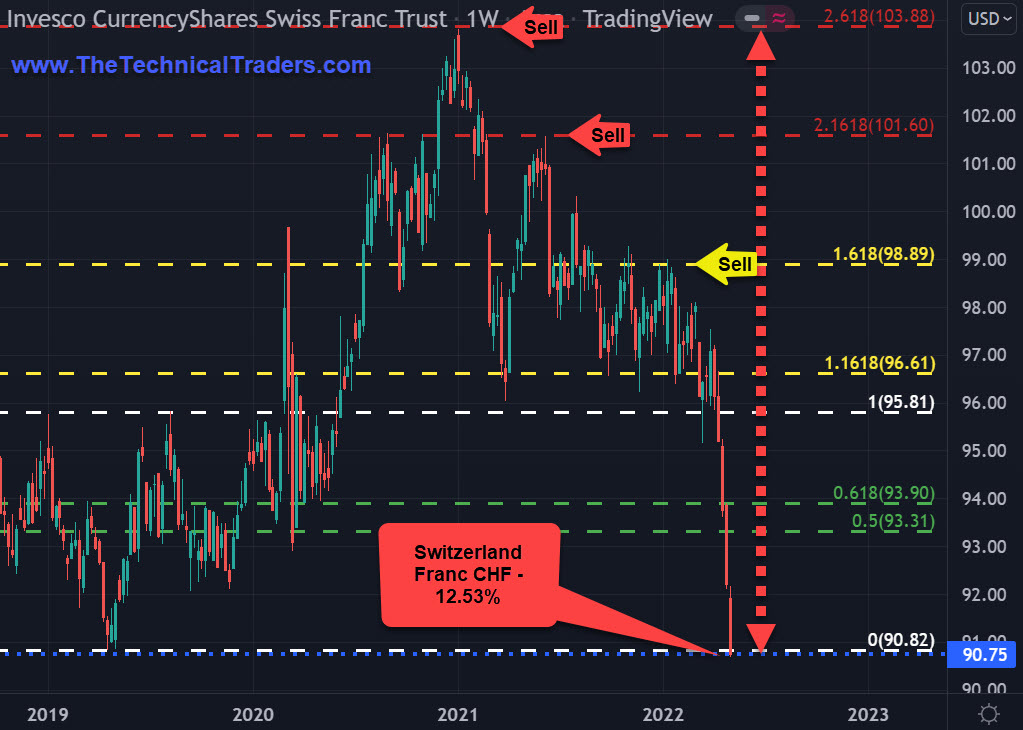
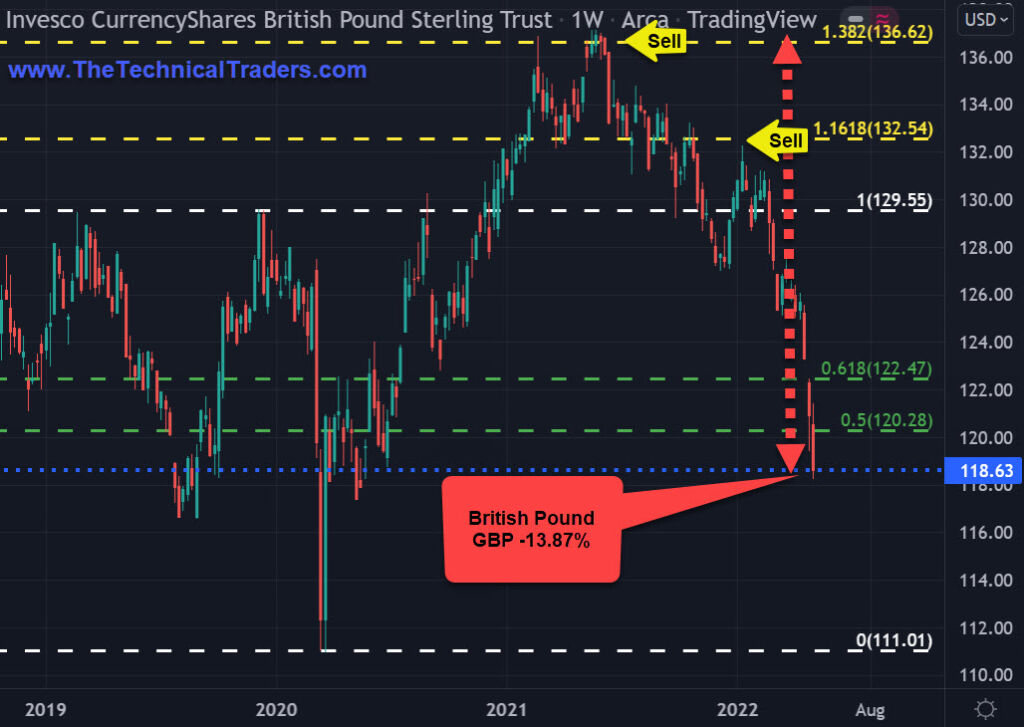
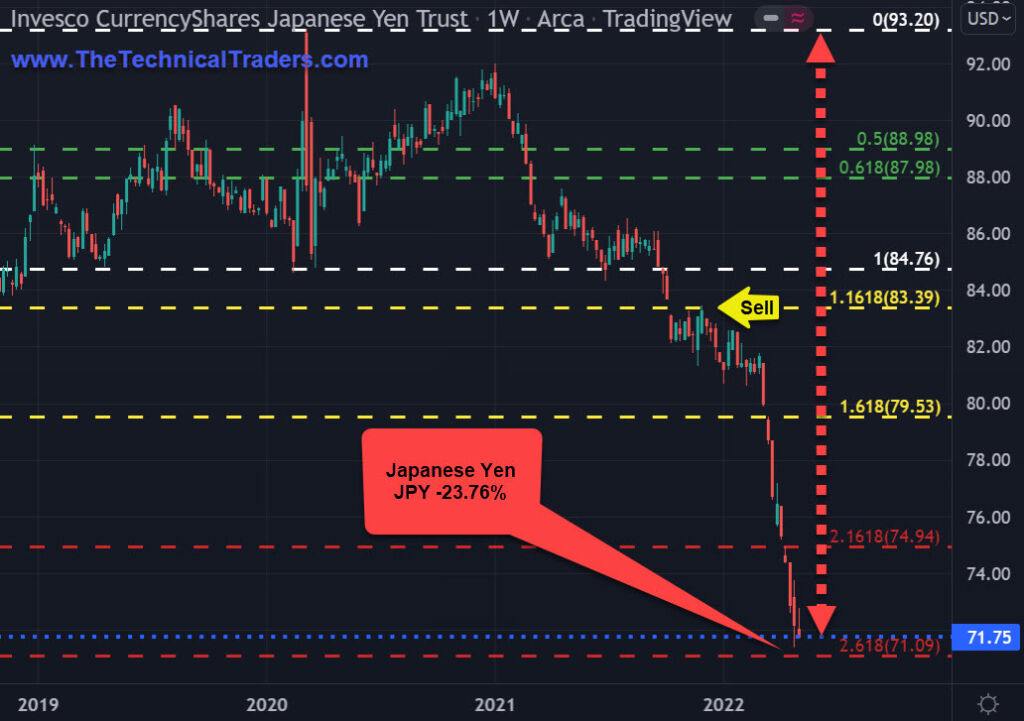

Add a Comment
We encourage you to use comments to engage with other users, share your perspective and ask questions of authors and each other. However, in order to maintain the high level of discourse we’ve all come to value and expect, please keep the following criteria in mind:
Enrich the conversation, don’t trash it.
Stay focused and on track. Only post material that’s relevant to the topic being discussed.
Be respectful. Even negative opinions can be framed positively and diplomatically. Avoid profanity, slander or personal attacks directed at an author or another user. Racism, sexism and other forms of discrimination will not be tolerated.
Perpetrators of spam or abuse will be deleted from the site and prohibited from future registration at Investing.com’s discretion.